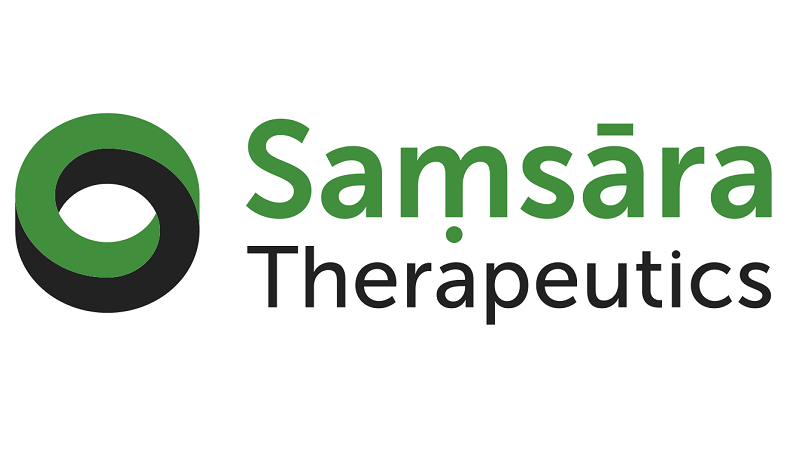Samsara Is Developing Autophagy Boosting Therapies

Samsara Therapeutics has completed a seed financing round in collaboration with Apollo Ventures, a venture capital company and biotech incubator that supports longevity research and treatments for age-related diseases.
Samsara Therapeutics, Inc. (“Samsara,”) a platform biotechnology startup engaged in the discovery and development of compounds that address the primary molecular causes of aging, announced today the closing of a seed financing round. The financing was led by Apollo Ventures, a life sciences venture capital firm and company builder working across Europe and North America.
Additionally, on February 19th, 2019 Nature Communications published a peer-reviewed paper, “The flavonoid 4,4′-dimethoxychalcone promotes autophagy-dependent longevity across species” authored by Samsara’s scientific team [1]. The paper demonstrates the capability of the Samsara platform to identify novel MoA geroprotective small molecules that extend healthy lifespan across species and which are protective in mammalian models of disease.
You can read the full press release for more details.
The company is focusing on the well-known biological mechanism of autophagy, a natural cellular garbage disposal system that is used to break down unwanted or damaged cellular components and recycle them into new ones. High levels of autophagy are associated with longevity.
There are already some documented ways to upregulate autophagy, most notably by caloric restriction or similar fasting routines, which boost autophagy in cells, bring other beneficial changes to metabolism, and at least partially slow down aging somewhat.
Samsara Therapeutics hopes to harness the power of autophagy by using small molecules, such as those present in the Ashitaba plant, which is found in Japan. There has been a great deal of interest in searching the natural world for compounds that might delay or slow the aging processes, particularly flavonoids. The researchers at Samsara recently identified the flavonoid 4,4′-dimethoxychalcone (DMC) as a potential geroprotector that appears to activate autophagy.
Abstract
Ageing constitutes the most important risk factor for all major chronic ailments, including malignant, cardiovascular and neurodegenerative diseases. However, behavioural and pharmacological interventions with feasible potential to promote health upon ageing remain rare. Here we report the identification of the flavonoid 4,4′-dimethoxychalcone (DMC) as a natural compound with anti-ageing properties. External DMC administration extends the lifespan of yeast, worms and flies, decelerates senescence of human cell cultures, and protects mice from prolonged myocardial ischaemia. Concomitantly, DMC induces autophagy, which is essential for its cytoprotective effects from yeast to mice. This pro-autophagic response induces a conserved systemic change in metabolism, operates independently of TORC1 signalling and depends on specific GATA transcription factors. Notably, we identify DMC in the plant Angelica keiskei koidzumi, to which longevity- and health-promoting effects are ascribed in Asian traditional medicine. In summary, we have identified and mechanistically characterised the conserved longevity-promoting effects of a natural anti-ageing drug.
Conclusion
There has been plenty of research into caloric restriction in the past decades but very little effort put into developing ways to increase autophagy for enhanced waste disposal. Boosting autophagy is a low-hanging fruit, and it could help to improve health and allow more people to live longer.
Right now, the big question is whether compounds can be found that boost autophagy more than caloric restriction, a technique that increases autophagy with a price point of zero and some willpower. Therefore, whatever is developed would need to significantly improve on this to really be considered a success.
That said, it is good to see more funds pouring into the longevity space, and Samsara will join Selphagy Therapeutics, a portfolio company of Life Biosciences, in developing autophagy boosting therapies. Perhaps we will see something useful from one of these companies in the near future.
Literature
[1] Carmona-Gutierrez, D., Zimmermann, A., Kainz, K., Pietrocola, F., Chen, G., Maglioni, S., … & Castoldi, F. (2019). The flavonoid 4, 4′-dimethoxychalcone promotes autophagy-dependent longevity across species. Nature communications, 10(1), 651.








